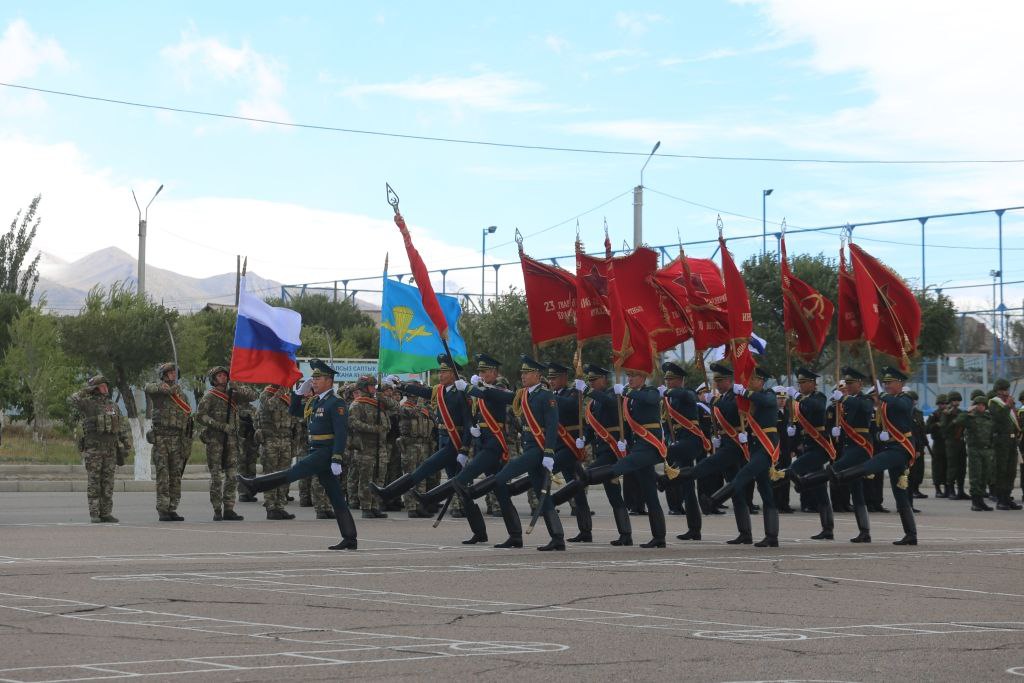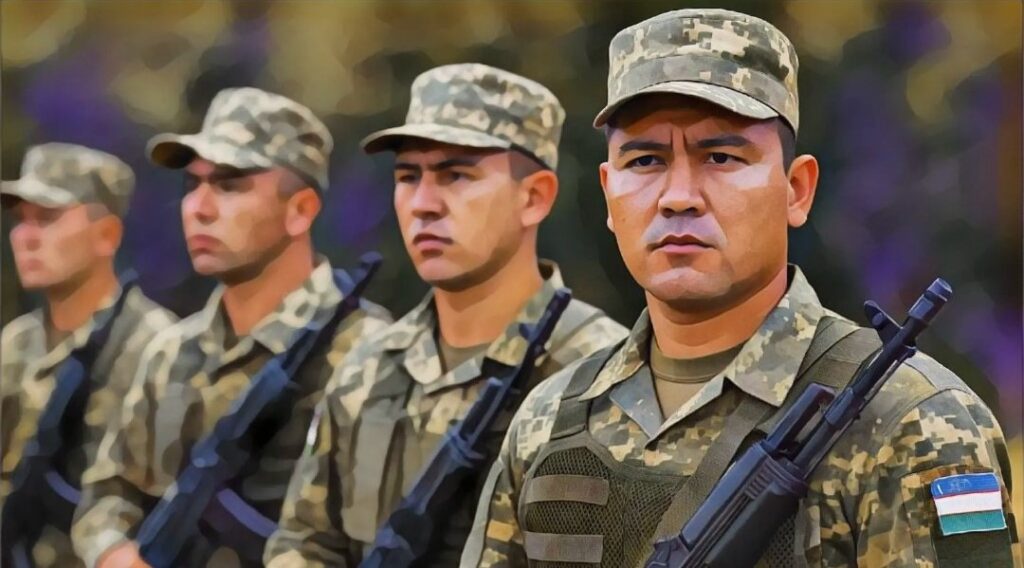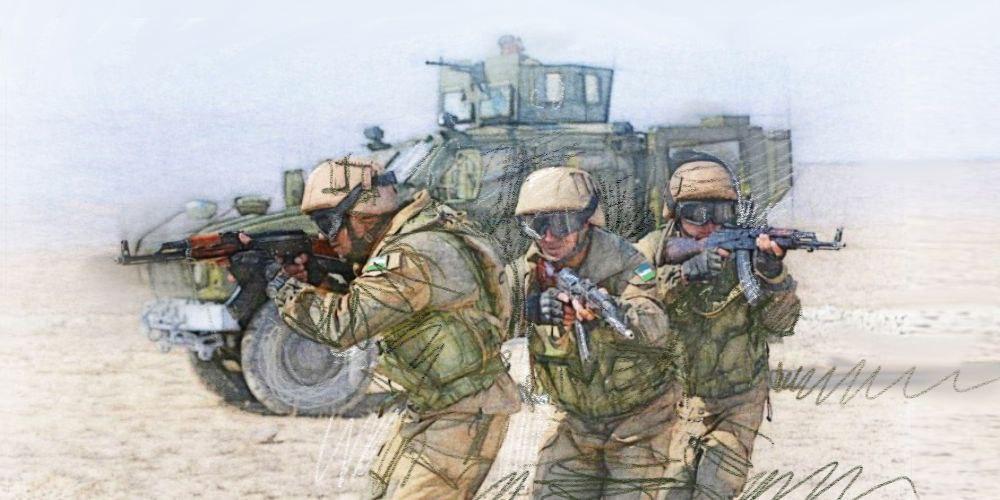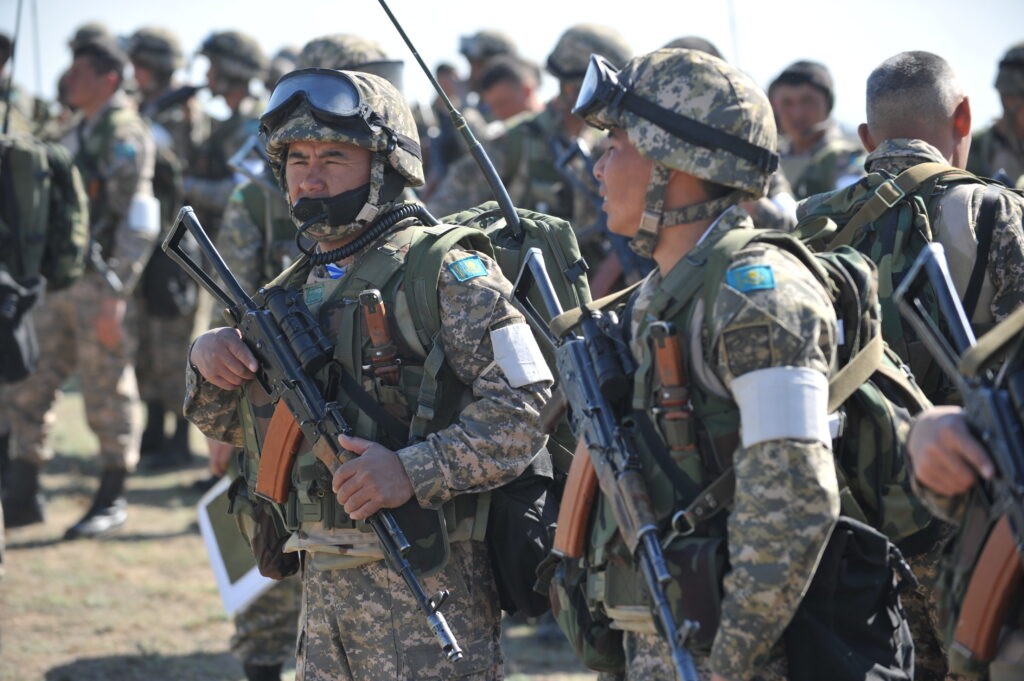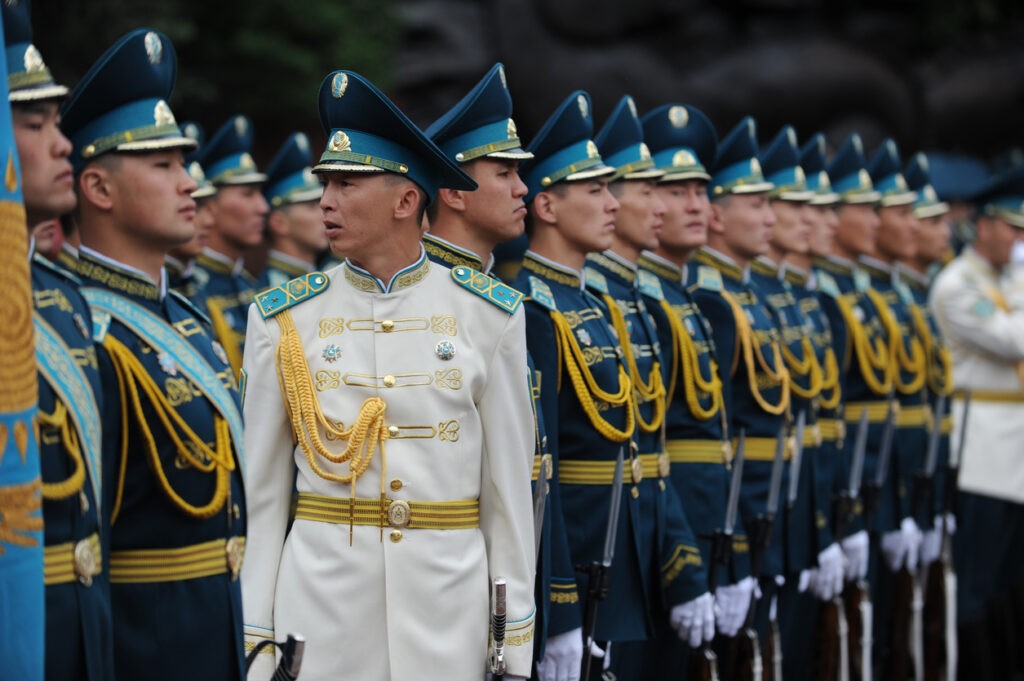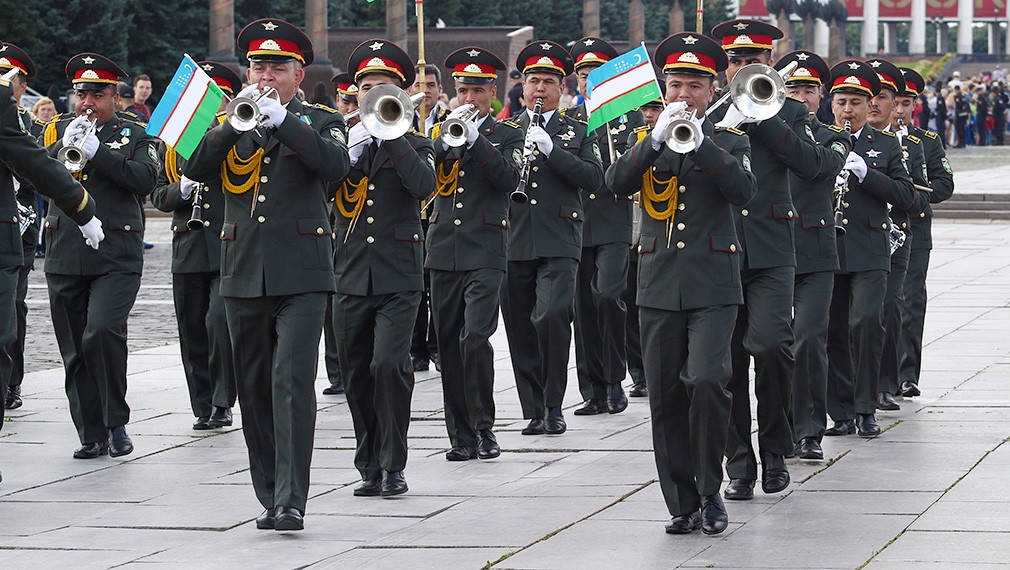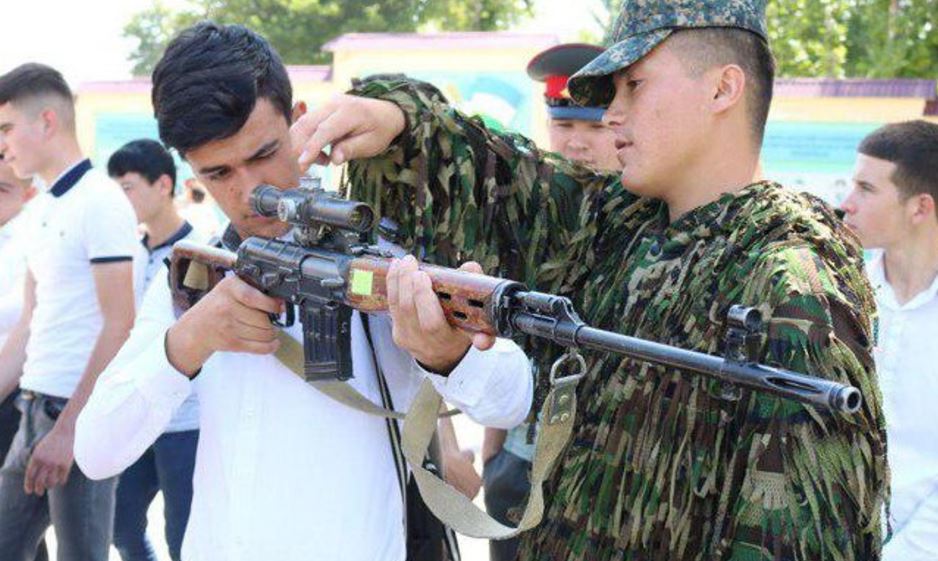According to a statement from the Collective Security Treaty Organization (CSTO), troops from five of the organization’s six member states — Kyrgyzstan, Russia, Kazakhstan, Belarus, and Tajikistan — have convened this week at the Edelweiss military training ground in Kyrgyzstan’s Issyk-Kul region for training. The joint exercises involve over five thousand people and 900 units of military equipment, with only Armenia not represented.
“The tasks of the exercise include improving mechanisms for making and implementing decisions on the use of forces and means, as well as increasing coherence between the armies of the allied countries and the interoperability of military formations in preparing and conducting joint operations,” said Andrei Serdyukov, Chief of the CSTO Joint Staff.
The exercises combine various training components. The maneuvers include special exercises with intelligence forces, and logistics exercises. The Interaction-2024 command-staff exercise is aimed at preparing for a joint operation to resolve a potential armed conflict.
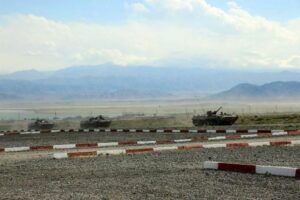
@TCA. A.Chipegin
The CSTO press service said that one of the exercise’s priorities this year is to improve the deployment of the collective forces, including managing the transit of military contingents through allied countries.
Observers from nine countries are present at the Edelweiss ground: Algeria, China, Egypt, India, Iran, Mongolia, Pakistan, Saudi Arabia, and Uzbekistan. Also observing the exercise are representatives of the UN Secretariat, the SCO Secretariat, the CIS Executive Committee, and the CIS Anti-Terrorism Center.
“In our dynamically changing world, security is becoming paramount, and this requires new approaches, effective coordination, and clear solutions… Our countries have become direct participants in the beginning reshuffle of forces in the world,” Lieutenant General Baktybek Bekbolotov, Kyrgyzstan’s Minister of Defense, commented at the opening of the exercise.
According to Bekbolotov, the main threats to the countries of Central Asia are terrorism, separatism, and extremism, as well as the arrival of radical groups from the Middle East to the region’s borders.
“With a global threat, the efforts of one country are not enough. There are regional organizations for this purpose; in our case, the main one is the CSTO,” Bekbolotov stressed.
